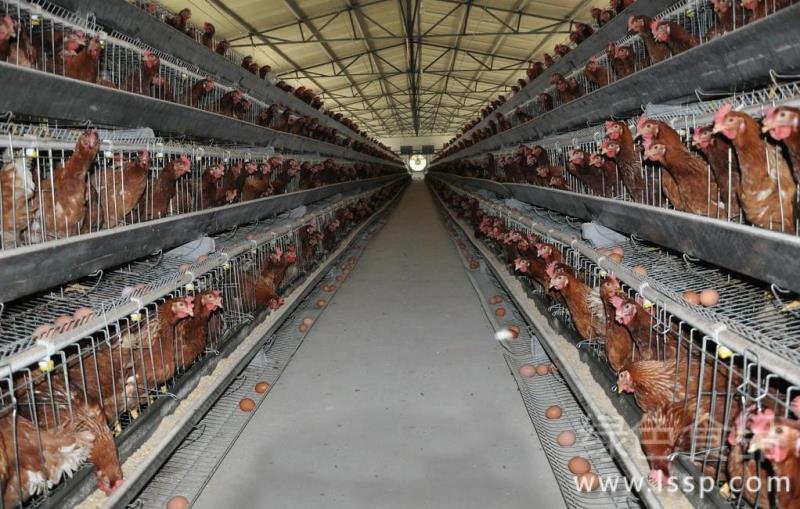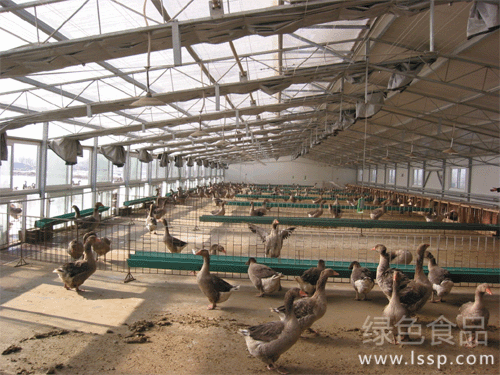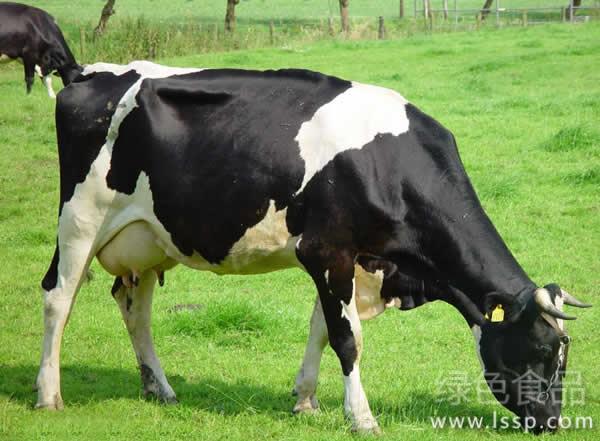The damage of eggs affects the benefit of laying hens how to reduce the damage rate of eggs

laying hens
1. Increase the calcium content in feed
With the increase of egg production rate, the demand for calcium increased obviously, and the content of calcium in feed also increased accordingly.
(1) It is reported that feeding laying hens limestone with a diameter of 1.4-5.6 mm and a solubility in the range of 11-14% can significantly improve the quality of eggshells. However, when limestone is selected as calcium source, attention should be paid to the content of magnesium and fluorine. Excessive magnesium is easy to produce soft-shell eggs, while excessive fluorine can lead to eggshell damage and shell color change.
(2) Usually the egg yolk of the hen enters the uterus in the afternoon. If the calcium supply is insufficient during the afternoon to dusk, it will affect the calcification of the eggshell, so the afternoon is the best time for calcium supplementation.
(3) Ensure the protein content in the feed, because the amino acids produced during protein hydrolysis react with calcium to produce soluble calcium salts, which enhances the absorption of calcium by laying hens.
(4) Master the appropriate ratio of calcium and phosphorus. Although the phosphorus content in the eggshell is small, it determines the elasticity and toughness of the eggshell. If the ratio of calcium and phosphorus is out of balance, it will affect the full absorption and utilization of calcium and phosphorus by the chicken body.
II. Scientific management
(1) Increase the number of eggs. Picking eggs at least twice in the morning and once in the afternoon can effectively reduce the number of broken eggs.
(2) Daily management should adopt three fixed feeding personnel, working procedures and feeds to minimize the shock caused by sudden noise, so as to avoid chickens laying soft shell eggs and sand shell eggs. Also avoid or reduce the number of vaccinations as much as possible during egg laying to avoid stress caused by shock in chickens.
(3) In daily management, sufficient clean drinking water should be supplied to laying hens, and no water should be cut off.
eggs
3. Appropriate adjustment of layer feed in summer
(1) The summer temperature is high, and the feed intake of laying hens is reduced, so the concentration of protein, minerals and vitamins in the diet should be appropriately increased to ensure that chickens consume sufficient nutrients.
(2) Under stress conditions such as high temperature and high humidity, proper addition of vitamin C can improve eggshell strength, improve eggshell composition and reduce breakage rate.
(3) In summer high temperature season, adding a certain proportion of sodium bicarbonate to the laying hen diet can not only improve the egg production rate, but also greatly reduce the egg breakage rate.
- Prev

How to feed captive geese economically and economically
How to feed captive geese economically and economically
- Next

Five measures for heatstroke prevention and cooling of dairy cows prone to heat stress under high temperature
Five measures for heatstroke prevention and cooling of dairy cows prone to heat stress under high temperature
Related
- On the eggshell is a badge full of pride. British Poultry Egg Market and Consumer observation
- British study: 72% of Britons are willing to buy native eggs raised by insects
- Guidelines for friendly egg production revised the increase of space in chicken sheds can not be forced to change feathers and lay eggs.
- Risk of delay in customs clearance Australia suspends lobster exports to China
- Pig semen-the Vector of virus Transmission (4)
- Pig semen-the Vector of virus Transmission (3)
- Five common causes of difficult control of classical swine fever in clinic and their countermeasures
- Foot-and-mouth disease is the most effective way to prevent it!
- PED is the number one killer of piglets and has to be guarded against in autumn and winter.
- What is "yellow fat pig"? Have you ever heard the pig collector talk about "yellow fat pig"?

